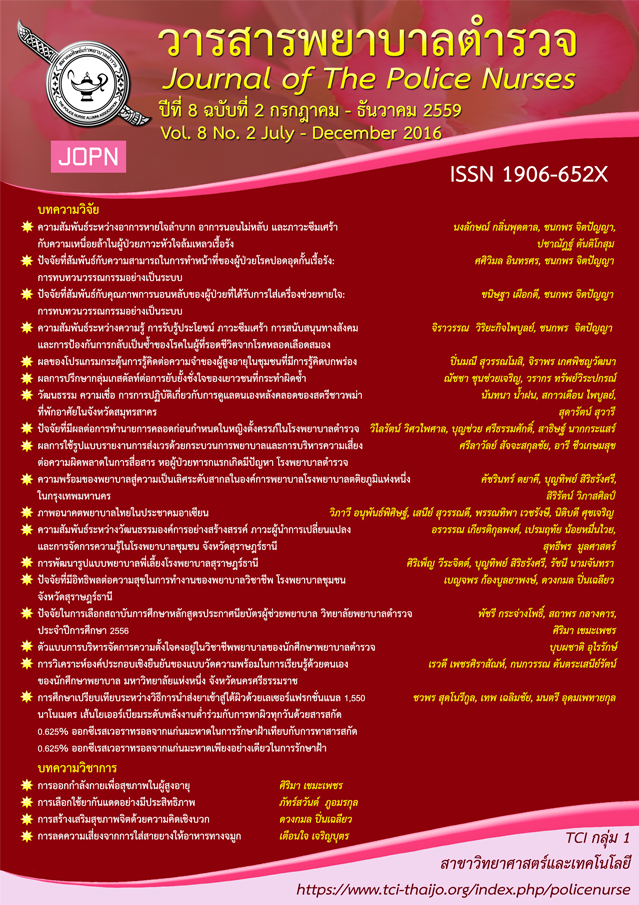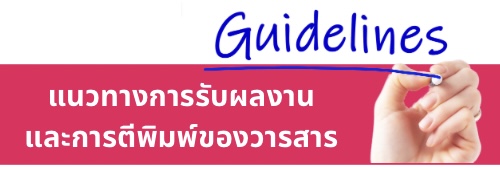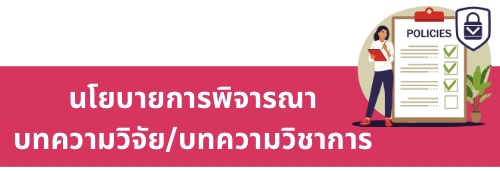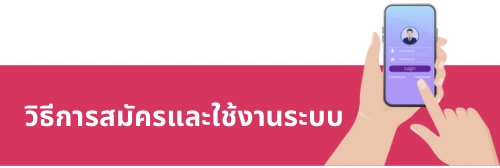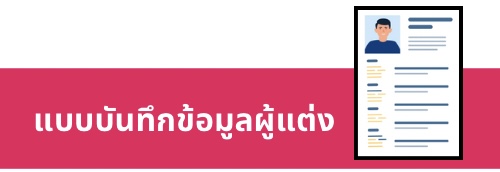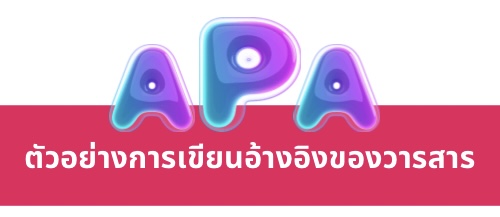วัฒนธรรม ความเชื่อ การการปฏิบัติเกี่ยวกับการดูแลตนเองหลังคลอดของสตรีชาวพม่าที่พักอาศัยในจังหวัดสมุทรสาคร
คำสำคัญ:
วัฒนธรรม, ความเชื่อ, ความเชื่อในวัฒนธรรม, การปฏิบัติในการดูแลตนเองหลังคลอด, culture, belief, cultural belief, self-care during pregnancyบทคัดย่อ
การวิจัยครั้งนี้เป็นการวิจัยเชิงคุณภาพ มีวัตถุประสงค์เพื่อศึกษาวัฒนธรรม ความเชื่อ การปฏิบัติตนและปัญหาสุขภาพที่เกิดขึ้นในการดูแลตนเองหลังคลอดของสตรีชาวพม่าในจังหวัดสมุทรสาคร ผู้ให้ข้อมูลคือสตรีชาวพม่าที่ผ่านการตั้งครรภ์ในชุมชนเอื้ออาทร จำนวน 24 ราย โดยผู้ให้ข้อมูลในการสัมภาษณ์แบบเจาะลึก 4 ราย การสนทนากลุ่ม 20 ราย เลือกตัวอย่างแบบเจาะจง แจ้งการพิทักษ์สิทธิ์ผู้ร่วมวิจัยก่อนทำการวิจัย เครื่องมือที่ใช้ประกอบด้วย แบบสอบถามข้อมูลพื้นฐาน และแนวคำถามแบบกึ่งโครงสร้าง ก่อนการสัมภาษณ์ได้แจ้งการพิทักษ์สิทธิ์ วิเคราะห์ข้อมูลโดยวิเคราะห์เนื้อหา (content analysis) และจัดกลุ่มข้อมูล (thematic analysis) และให้ผู้ทรงคุณวุฒิด้านพม่าศึกษา 3 ท่านตรวจสอบความถูกต้องเชิงเนื้อหาและวัฒนธรรม
ผลการวิจัยพบว่า ความเชื่อในวัฒนธรรมเกี่ยวกับการดูแลตนเองหลังคลอดของสตรีชาวพม่า ประกอบด้วย ประการแรกคือ วัฒนธรรม ความเชื่อในวัฒนธรรมเกี่ยวกับการดูแลตนเองหลังคลอด ประการที่สองคือ วิธีปฏิบัติในการดูแลตนเองระยะหลังคลอด ได้แก่ 1) ความเอื้ออาทรในครอบครัวและสังคม 2) การปฏิบัติตามความเชื่อว่าควรปฏิบัติหลังคลอด มีการผสมผสานความเชื่อเดิม และจากการเรียนรู้ใหม่จากโรงพยาบาล ได้แก่ การบริโภคอาหาร การทำความสะอาดร่างกาย การอยู่ไฟหลังคลอด 3) การปฏิบัติตามข้อห้ามเกี่ยวกับสุขภาพ มีการผสมผสานความเชื่อเดิม และจากการเรียนรู้ใหม่จากโรงพยาบาล ได้แก่ การปฏิบัติเรื่องน้ำคาวปลา การดูแลแผลฝีเย็บ การดูแลเต้านมคัดตึงและหัวนมแตก การเว้นระยะการมีเพศสัมพันธ์ การทำงาน การพักผ่อนหลังคลอด การดูแลทารก ประการที่สามคือ ปัญหาสุขภาพในระยะหลังคลอด ได้แก่ 1) การเข้าถึงบริการสุขภาพเนื่องจากสื่อสารภาษาไทยไม่ได้ ทำให้ไม่ได้ตรวจสุขภาพหลังคลอด 2) การปฏิบัติตามความเชื่อเดิมที่อาจเสี่ยงต่อสุขภาพ ได้แก่ การอยู่ไฟหลังคลอด การรับประทานยาน้ำสมุนไพร และการดูแลแผลฝีเย็บ 3) ปัญหาเสี่ยงต่อสุขภาพทารก ได้แก่ การเริ่มให้อาหาร และการดูแลสะดือทารก
CULTURE, BELIEFS, AND SELF-CARE PRACTICES AFTER LABORING
IN BURMESE WOMEN LIVING IN SAMUTSAKORN PROVINCE
Abstract
This study is a qualitative research aiming to study culture, beliefs, self-care practice, and health-related problems in Burmese women living in Samutsakorn after laboring. The sample groups are 24 Burmese women who had been through pregnancy and live in Eua Arthorn Community, Samutsakorn. Data was collected by in-depth interview with 4 of the sample group and 20 of the sample group in focus groups. The sample groups were specifically selected. Research participant protecting rights were informed before the interview and focus group begun. Tools used in this study consisted of basic questionnaires and semi-structured research questions. Content analysis and thematic analysis were analysis techniques used in this study. Three experts in Burmese Studies had reviewed the correctness in term of content and culture.
The result of this study showed cultural beliefs regarding self-care practices after laboring of Burmese women are: 1) Social and family support. 2) Following self-care practices after laboring from cultural beliefs. There are combinations between traditional beliefs and new knowledge learning from the hospital such as eating habits, self-cleaning, and lying down by the fire after childbirth. 3) Health forbidden habits. There are combinations between traditional beliefs and new knowledge learning from the hospital such as treating amniotic fluid, treating stitches, treating breath issues after laboring, sex omitting, working, resting after giving birth, and taking care of the baby. Another result of this study is health problems after laboring period: 1) Limited access to health care service because unable to communicate in Thai causing the lack of health check after laboring. 2) Risk practices due to traditional beliefs such as lying down by the fire after childbirth, taking herbal drinks, and taking care of the stitches. 3) Health risks for the baby which are solid food feeding and naval care.
Downloads
ดาวน์โหลด
เผยแพร่แล้ว
รูปแบบการอ้างอิง
ฉบับ
ประเภทบทความ
สัญญาอนุญาต
ผลงานที่ได้ตีพิมพ์แล้วจะเป็นลิขสิทธิ์ของวารสารพยาบาลตำรวจ

